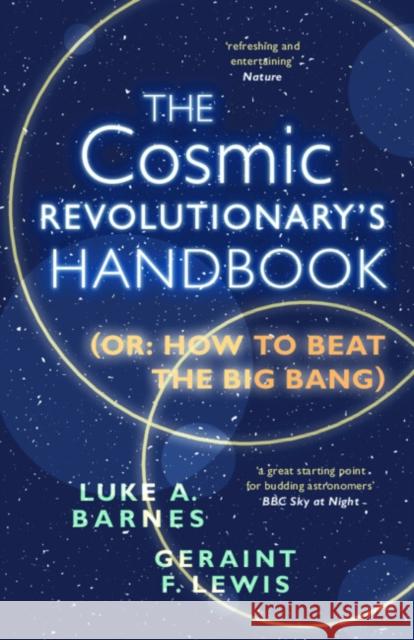The Cosmic Revolutionary's Handbook: (Or: How to Beat the Big Bang) » książka
topmenu
The Cosmic Revolutionary's Handbook: (Or: How to Beat the Big Bang)
ISBN-13: 9781009245784 / Angielski / Miękka / 2023
The Cosmic Revolutionary's Handbook: (Or: How to Beat the Big Bang)
ISBN-13: 9781009245784 / Angielski / Miękka / 2023
cena 67,43
(netto: 64,22 VAT: 5%)
Najniższa cena z 30 dni: 65,44
(netto: 64,22 VAT: 5%)
Najniższa cena z 30 dni: 65,44
Termin realizacji zamówienia:
ok. 16-18 dni roboczych.
ok. 16-18 dni roboczych.
Darmowa dostawa!
Presents the observations that helped establish our theories of the cosmos, from a unique and engaging perspective.











